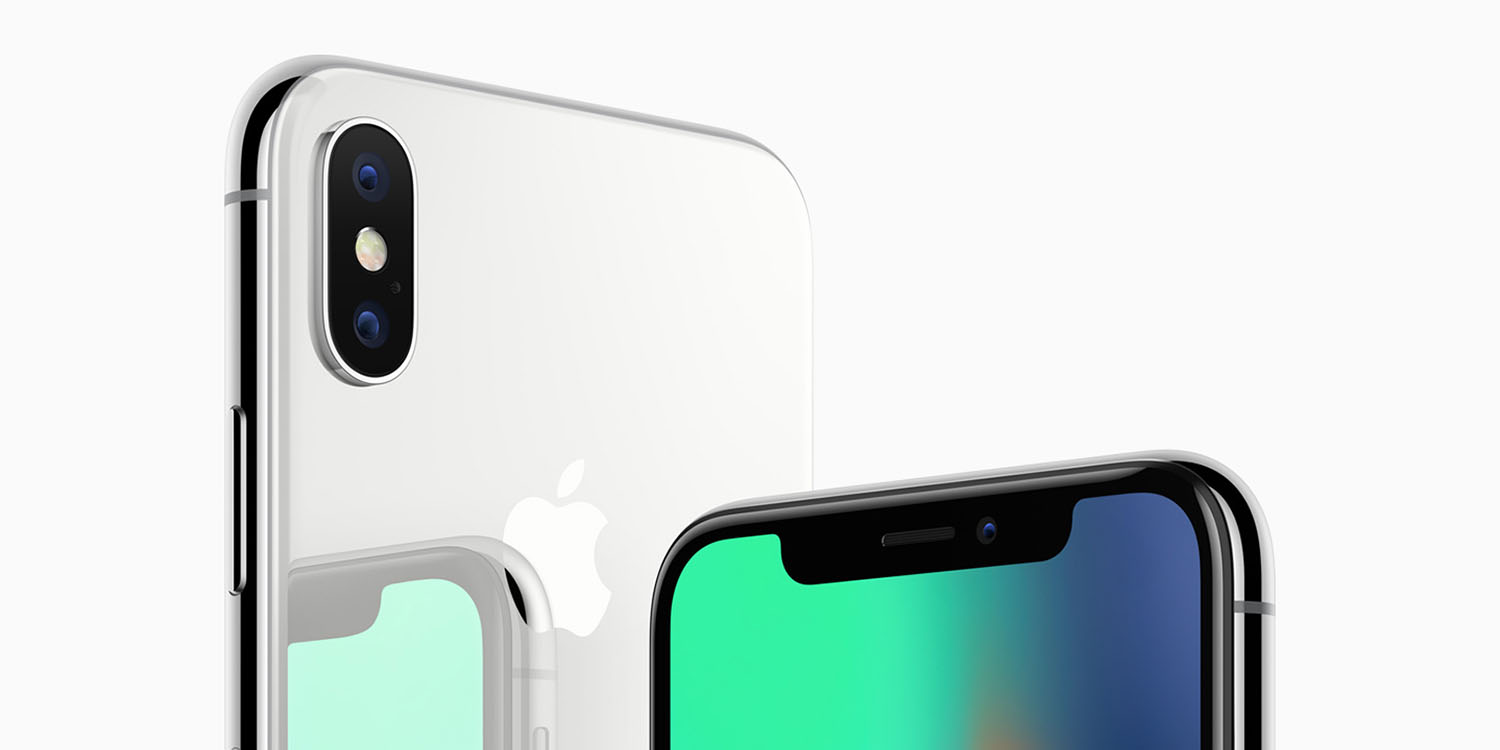
Two different credible leakers have provided conflicting reports on which iPhones will support iOS 17 – specifically, whether the iPhone 8/Plus and iPhone X will support the next major iOS update later this year.
The uncertainty also applies to iPadOS 17 on the fifth-generation iPad, and the first-generation iPad Pro …
Background
Apple generally maintains full software support for devices for at least five years. This period can, however, extend beyond this – up to eight years, in some cases. Beyond this, Apple also provides security updates for older iOS versions.
Sometimes, then, a major iOS release involves ceasing support for one or more older devices. For example, iOS 16 won’t run on the iPhone 6s/Plus, iPhone 7/Plus, 1st-gen iPhone SE, and the 7th-gen iPod Touch.
In other cases, there is no change to the devices able to run a new generation of iOS. This was the case for iOS 15, for example, which supported the same devices as iOS 14.
Which iPhones will support iOS 17?
A leaker with a solid track-record on software updates yesterday said that iOS 17 would drop support for three iPhones, while iPadOS 17 would do the same for three iPads:
- iPhone 8
- iPhone 8 Plus
- iPhone X
- iPad (5th generation)
- 9.7-inch iPad Pro (1st generation)
- 12.9-inch iPad Pro (1st generation)
One theory about this is that it’s related to an unpatchable vulnerability in the A11 chip and older.
A security researcher has released what is claimed to be a “permanent unpatchable bootrom exploit” for iPhone 4s all the way up to iPhone X that could lead to a permanent jailbreak.
However, another leaker – also with a credible record – says on the MacRumors forum that this isn’t true.
This is simply incorrect, my buddy says all devices that supported iOS 16 will support iOS 17 including all A11 chipsets.
The source he references is said to be on Apple’s iOS development team.
9to5Mac’s Take
No leaker has a 100% track-record. In some cases, their source is not close enough to development work to have an accurate picture. Apple’s secrecy-based silo approach – where engineers may not even know what their work is for until the last minute – can also create misleading impressions.
Additionally, Apple will commonly test different versions of both hardware and software, and an employee working on one version may be completely unaware that there are competing versions elsewhere in the company.
All of which is a long-winded way of saying that, right now at least, there’s no way to know which of the reports is correct.
FTC: We use income earning auto affiliate links. More.





